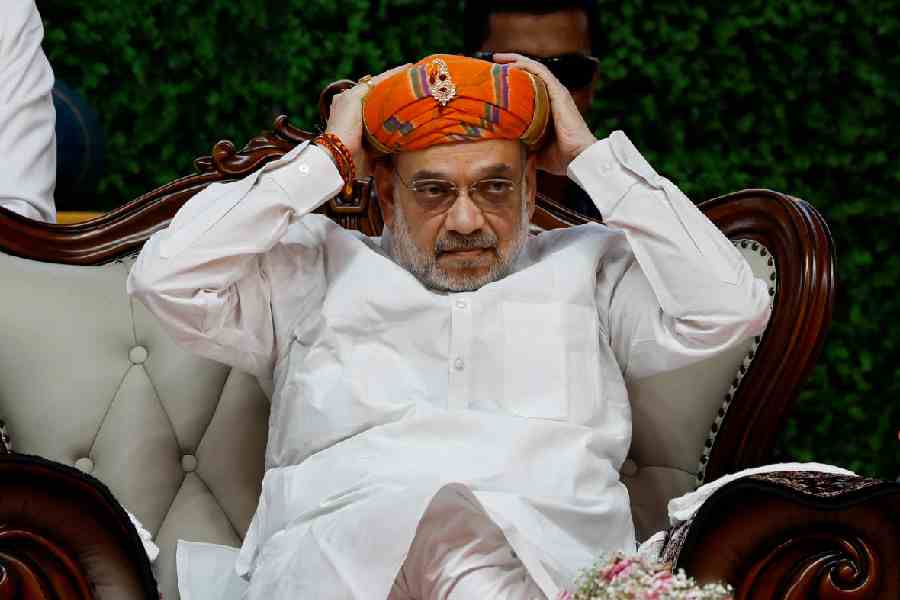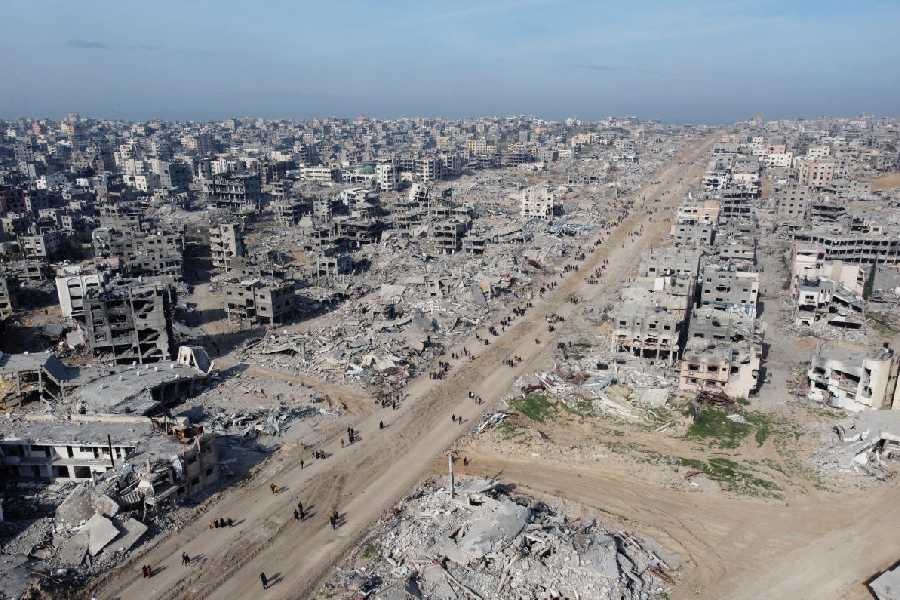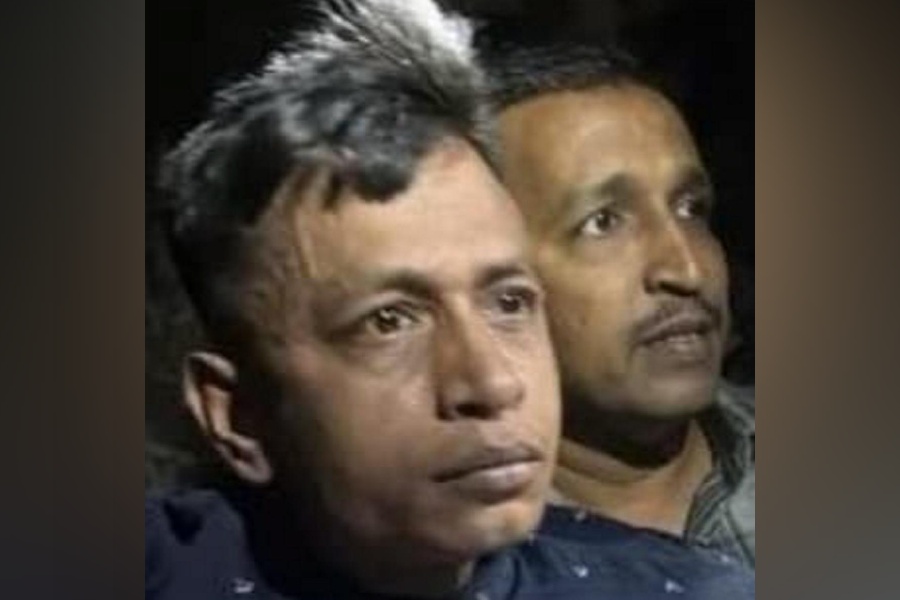India has summoned the Canadian high commission’s representative in New Delhi and registered its protest at Ottawa’s “absurd and baseless” claim that Union home minister Amit Shah was involved in a plot to threaten and kill Canadian nationals.
This was New Delhi’s first official response to the Canadian deputy foreign minister’s disclosure on Tuesday before a domestic parliamentary committee that is looking into “electoral interference and criminal activities in Canada by agents of the Government of India”.
Asked about this on Saturday at the external affairs ministry’s weekly briefing, spokesperson Randhir Jaiswal said: “We had summoned the representative of the Canadian high commission yesterday. A Diplomatic Note was handed over in reference to the proceedings of the standing committee… on October 29, 2024.”
“It was conveyed in the Note that the Government of India protests in the strongest terms to the absurd and baseless references made to the Union home minister of India before the committee by deputy minister David Morrison.
“In fact, the revelation that high Canadian officials deliberately leak unfounded insinuations to the international media as part of a conscious strategy to discredit India and influence other nations only confirms the view Government of India has long held about (the) current Canadian government’s political agenda and behavioural pattern. Such irresponsible actions will have serious consequences for bilateral ties.”
At the House committee hearing, Morrison had said he had confirmed Shah’s name to The Washington Post’s correspondent in answer to a specific question on whether Shah was involved. This was when the case blew up in mid-October after Ottawa named six Indian diplomats in Canada as “persons of interest” in the murder of Khalistani separatist Hardeep Singh Nijjar.
Morrison was responding to a Canadian legislator who wanted to know why information of Shah’s involvement was released to The Post first and not shared with the Canadian public despite a series of news conferences, including by Prime Minister Justin Trudeau, in mid-October on the Nijjar killing.
Asked about the circumstances in which he had provided this information to The Post, Morrison said: “The journalist called me and asked if it was that person (Shah). I confirmed it was that person.”
He did not provide any details on how Shah was linked to the case.
Morrison and Trudeau’s national security adviser Nathalie Drouin confirmedto the committee that theyhad leaked non-classifiedinformation to The Post as “part of a communications strategy” known to the Prime Minister’s Office.
The objective, theysaid, was to ensure that a major US publication covering the issue got Canada’s side of the story.
New Delhi also views the “National Cyber Threat Assessment 2025-2026”, published by the Canadian Centre for Cyber Security on Tuesday and listing India along with China, Russia, Iran and North Korea as “state adversaries”, as an example of a Canadian strategy to attack India.
“As I mentioned earlier, their senior officials have openly confessed that they are seeking to manipulate global opinion against India. As on other occasions, imputations are made withoutany evidence,” Jaiswal said, responding to a question on the report.
New Delhi has also protested the audio and video surveillance of Indian consular officials in Canada.
Jaiswal said the Canadian government had recently informed some Indian consular officials that they had been and continued to be under audio and video surveillance. Their communications too had been intercepted.
“We have formally protested to the Canadian government as we deem these actions to be a flagrant violation of relevant diplomatic and consular conventions,” he said.
“By citing technicalities, the Canadian government cannot justify the fact that it is indulging in harassment and intimidation. Our diplomatic and consular personnel are already functioning in an environment of extremism and violence. This actionof the Canadian government aggravates the situation andis incompatible with established diplomatic normsand practices.”











